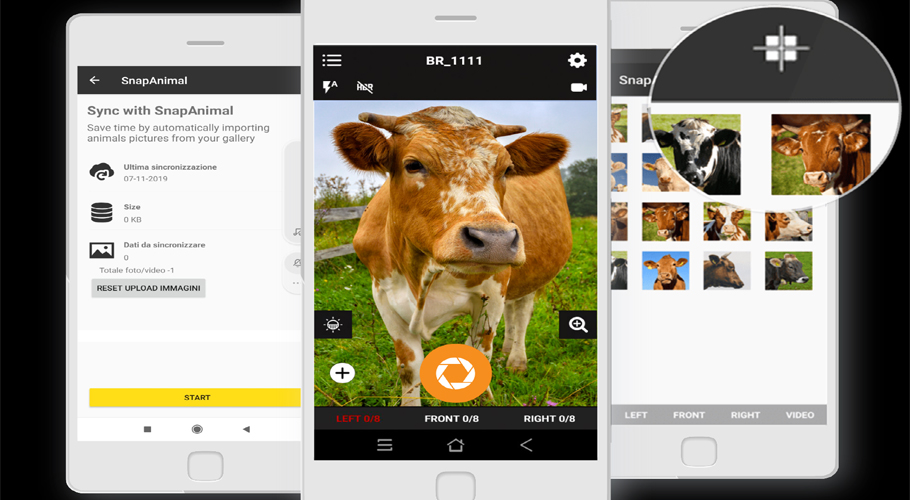Biometric verification has long been a reliable method to authenticate human identity, with technologies capable of recognizing fingerprints, DNA, eyes, and blood arteries. However, the same level of sophistication has been lacking when it comes to animals. Syed Umaid Ahmed, a Ph.D. Scholar at FAST-NUCES in Karachi, Pakistan, along with his colleagues, has embarked on a groundbreaking project called Animal Biometrics.
This project aims to revolutionize animal identification and ownership authentication, particularly focusing on cattle such as cows and buffalo. By utilizing distinctive nasal patterns, Syed’s team has developed a smartphone app that can identify and register animals, thereby addressing the issue of animal burglary in Pakistan.
The Significance of Animal Biometrics:
Animal burglary has been a persistent problem in Pakistan, where theft of livestock poses a significant threat to farmers and the rural economy. By creating a reliable and user-friendly system to identify and authenticate animals, the Animal Biometrics project offers a promising solution. This innovative approach will empower farmers and law enforcement agencies to track and trace stolen animals effectively, leading to a reduction in theft and ensuring better animal welfare.
Utilizing Nasal Patterns for Identification:
Just as no two individuals have the same fingerprints, no two animals possess identical nasal patterns. This unique characteristic forms the basis of Animal Biometrics’ identification process. The smartphone app Syed and his team developed allows users to capture images of an animal’s nose using their mobile devices. These images are then processed by an advanced algorithm trained on a dataset of over 4,000 cattle-related photographs. Through pattern recognition, the algorithm identifies and stores the animal’s identity in a comprehensive directory. This technology offers a non-invasive and convenient method to authenticate animals without requiring invasive procedures or physical contact.
The Development Process:
Syed Umaid Ahmed and his team have made significant progress in the development of the Animal Biometrics app. As of now, the project stands at approximately 70% completion. The team has invested substantial efforts in training the app’s algorithm to accurately recognize and match the nasal patterns of various animals. By incorporating cutting-edge artificial intelligence techniques, they have achieved impressive results. Syed is determined to ensure the reliability and efficiency of the technology before making it available to the public.
Open-Source and Free Access:
A remarkable aspect of the Animal Biometrics project is its commitment to openness and accessibility. The smartphone app will be released as an open-source tool, allowing anyone to utilize and benefit from the technology. This approach fosters collaboration, innovation, and customization by enabling developers to build upon the existing system. By making the app freely accessible, Syed and his team are democratizing the use of animal biometrics, empowering farmers and communities across Pakistan to protect their livestock effectively.
Pakistan’s AI Advancements:
The Animal Biometrics project exemplifies Pakistan’s growing prominence in artificial intelligence (AI). The nation has witnessed significant advancements in various AI applications, showcasing its commitment to technological innovation. For instance, Pakistan has also made substantial progress in healthcare AI, where researchers are leveraging machine learning algorithms to detect diseases and assist in diagnosis. Additionally, the country has shown notable achievements in natural language processing, robotics, and computer vision, highlighting its dedication to harnessing AI for societal benefits.
Animal Biometrics, spearheaded by Syed Umaid Ahmed and his colleagues, is set to revolutionize animal identification and ownership authentication in Pakistan. By harnessing the distinctive nasal patterns of animals, the smartphone app developed through this project offers an efficient and non-invasive solution to combat animal burglary. The impending release of the app, with its open-source nature and free accessibility, demonstrates Pakistan’s commitment to promoting innovation and collaboration. As the Animal Biometrics project nears completion, it holds the potential to safeguard the livelihoods of farmers, enhance animal welfare, and serve as a model for similar advancements in animal biometrics worldwide.
Read More:











